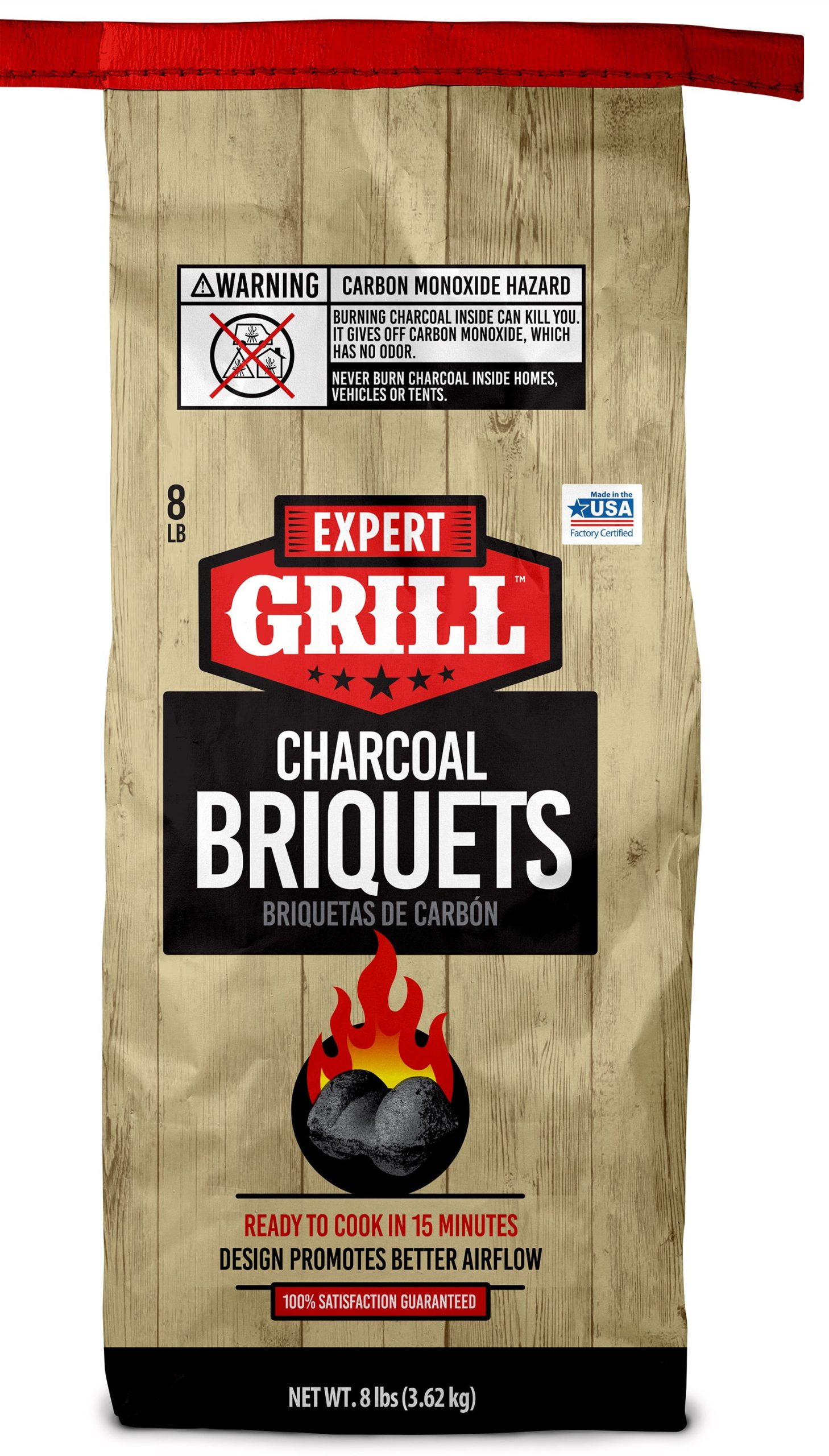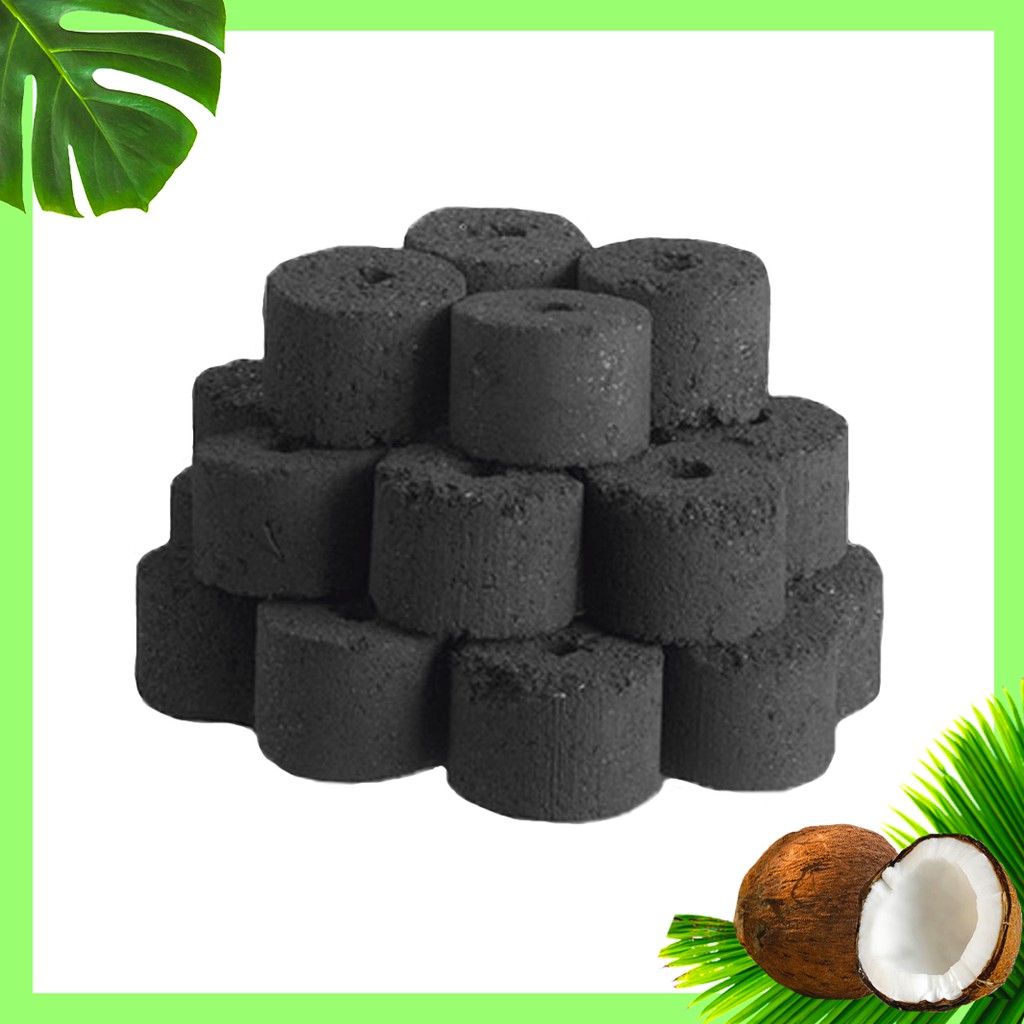Briquettes vs. Charcoal: Comparing Fuel Efficiency and Cost
When it comes to grilling, barbecuing, or even smoking food, one of the most crucial decisions you’ll make is choosing the right fuel source. Two popular options that often come into consideration are briquettes and charcoal. In recent years, odav puitbrikett have gained popularity as an alternative to traditional charcoal. In this article, we will compare the fuel efficiency and cost of briquettes and charcoal to help you make an informed choice for your outdoor cooking adventures.
1. Understanding Briquettes and Charcoal
Before we dive into the details of fuel efficiency and cost, let’s briefly define what briquettes and charcoal are:
- Briquettes: Briquettes are compact blocks made from various materials, including sawdust, wood chips, and even paper. These materials are compressed and bound together with additives to form uniform, easy-to-handle briquettes.
- Charcoal: Charcoal, on the other hand, is traditionally made by heating wood without oxygen, a process called carbonization. This results in lightweight, porous carbon lumps commonly used for grilling and smoking.

2. Fuel Efficiency: Briquettes vs. Charcoal
Fuel efficiency is a crucial factor to consider when choosing between briquettes and charcoal. Here’s how they stack up against each other:
- Briquettes: Briquettes are designed to burn slowly and evenly. The additives used in their production help maintain a consistent temperature, making them ideal for long cooking sessions, such as smoking meat. However, they may produce more ash compared to charcoal.
- Charcoal: Charcoal tends to burn hotter and faster than briquettes. This can be advantageous for quick grilling sessions but may require more frequent refueling during longer cooks. Charcoal also tends to produce less ash, which can be a bonus when it comes to cleanup.
3. Cost Comparison
When it comes to cost, both briquettes and charcoal have their pros and cons:
- Briquettes: Cheap wood briquettes are often more affordable than charcoal, making them an attractive option for budget-conscious grillers. They are readily available and can be found in various sizes and shapes to suit your needs.
- Charcoal: While charcoal can be pricier than briquettes, it’s important to consider the trade-off between cost and performance. Some grilling enthusiasts swear by the authentic flavor that charcoal imparts to their food, which can make the higher cost worth it for some.
4. Environmental Considerations
In recent years, there has been a growing awareness of the environmental impact of different fuel sources:
- Briquettes: Some briquette manufacturers use sustainable and recycled materials, making them an eco-friendly choice. Look for products that are certified as environmentally responsible.
- Charcoal: Traditional charcoal production can involve deforestation and contribute to carbon emissions. However, eco-friendly charcoal options are available that are made from sustainably sourced wood or coconut shells.
5. Conclusion: Finding Your Ideal Fuel
In the battle of briquettes vs. charcoal, the choice ultimately depends on your preferences and needs. If you prioritize fuel efficiency and are on a tight budget, cheap wood briquettes may be the way to go. On the other hand, if you crave that smoky, authentic flavor and are willing to pay a bit more, charcoal might be your best bet.

Consider the cooking you’ll be doing, your budget, and your environmental concerns when making your decision. Experiment with both fuel sources to find the one that best suits your grilling and barbecuing style. Ultimately, the most important thing is to enjoy the delicious food that comes off your grill or smoker, regardless of whether you choose briquettes or charcoal.



